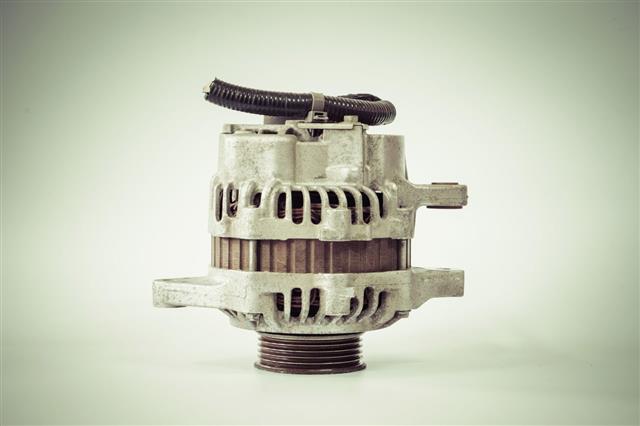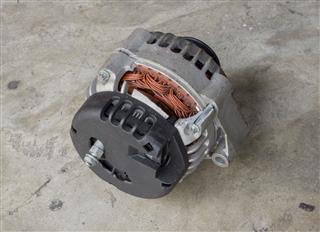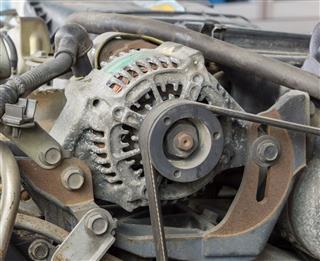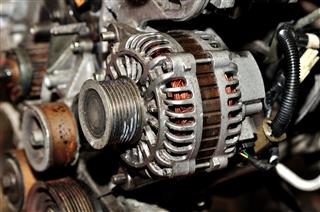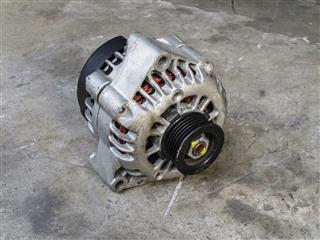
An alternator is a very important part of the electrical power system of a car. Here is a listing of bad alternator symptoms, which will provide you with an advance warning of alternator failure.
Alternators are the devices that serve electrical energy needs of your car. If the alternator fails, all the accessories like headlights, air conditioning and most importantly, the car ignition system will eventually fail. So, it’s very important that you know and learn to read symptoms indicating a bad alternator, as they will ensure that you are not stranded and left high and dry, when your alternator stops working.
How Does an Alternator Work?
Have you ever wondered, where does the electrical power for driving the car radio, the driving lights and other accessories come from? Yes, it comes from the car battery, but you do not charge the car battery daily. How does the car manage to keep the battery charged and keep all the electrical devices operational day in and day out? The way it achieves this, is through a device called the alternator, which charges the battery when the car is moving. An ‘Alternator’ is the short form for ‘Alternating Current Generator’. An alternator is basically a dynamo, that converts the mechanical energy of the crankshaft into electrical energy, which is stored in the car battery. All the vital systems of the car, like the ignition systems are totally dependent on the power output from the car battery, which in turn is dependent on the alternator.
Symptoms of a Bad Alternator
All car problems are best solved by a qualified mechanic, but you should also know the warning signs of impending device malfunctions in the car. Any malfunctioning car part or device gives you indirect indications of its problems. Some devices have indicators which show their condition, while the only way to check the condition of some car devices is to check out for yourself. There are various symptoms which will give you an advance notice of impending problems.
Watch the Dashboard Indicator/Service Light
There is a dashboard indicator or service light, which indicates the condition of the alternator. If it flickers or is switched off, it could mean two things. Either the service light LED is gone or the alternator is not working. Check both cases as soon as possible with a mechanic or do it yourself, with a dc voltmeter.
Battery Voltage Output Drop
The best and sure-fire way, in which you could know the condition of your alternator, is to arm yourself with a digital multimeter or dc voltmeter and check the voltage output of the battery. If it is consistently low (less than 13 V) and diminishing, then chances are, that either alternator is partially or fully failing or there is a problem with the car battery itself. Either way, it’s best to get it checked from a car mechanic.
Noise
Many experienced car mechanics can tell what is wrong with a car, by just listening to it! Years of experience have trained them to know what is wrong just by identifying peculiar sounds made by malfunctioning parts. We mortals cannot be expected to understand that yet, but noise is an indicator of something going wrong. A clanging or rattling sound might be an indicator of something that has gone wrong with the alternator belt or its other parts.
Diminished Accessory Performance
One of the indirect symptoms is diminished performance of various electrical accessories in the car. This indicates, low charging level of the battery, which could be a result of the alternator not performing well. In this case, an immediate checkup from a mechanic is recommended or else, you will observe the gradual shutdown of all electrically operated accessories of the car.
Every component of a car is crucial in its overall working. The alternator being the core power generator system, is especially more important. Car repair is a costly endeavor and being alert and seeing early signs of car device malfunction is the only way of saving some money.
